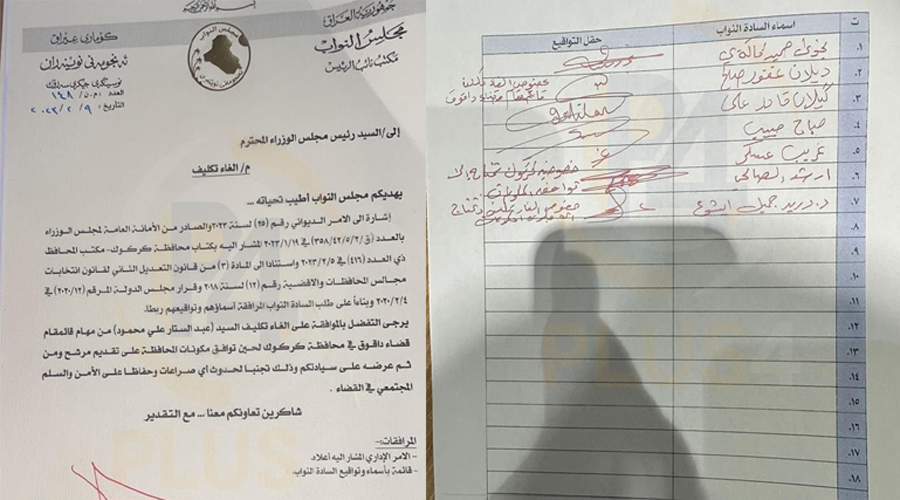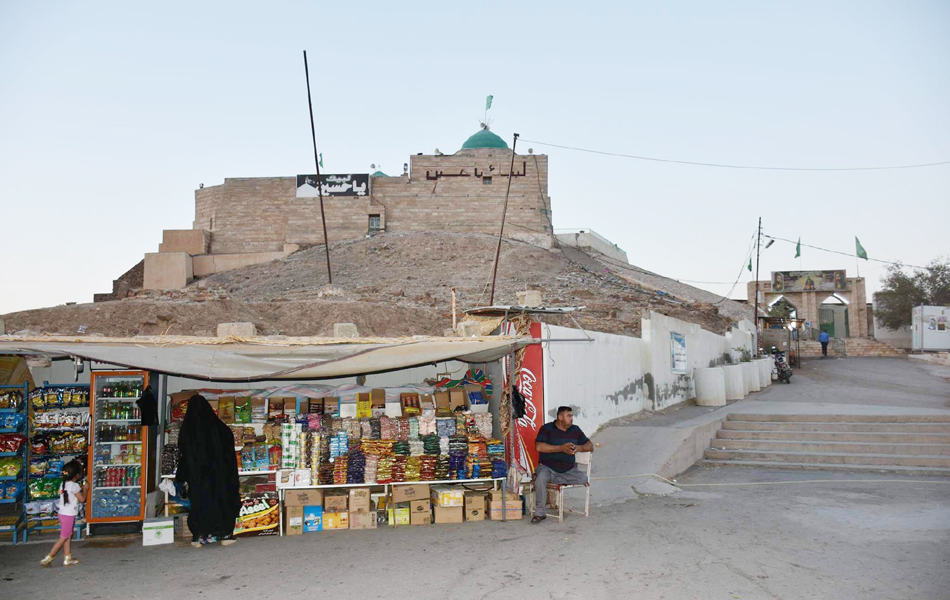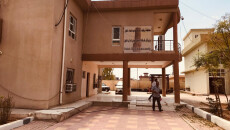The people of Daquq district, south of Kirkuk, have more than one candidate for the post of commissioner, but are not ready to announce until they receive a response from the Iraqi government on the cancellation of the recently appointed commissioner rejected by the locals.
Seven Kirkuk MPs (Kurdish, Turkmen and Christian) have submitted the same request to Prime Minister Mohammed Shia Sudani via the office of Iraqi speaker deputy, a Kurd.
Earlier this month, the Iraqi Council of Ministers appointed Abdulstar Ali as the new commissioner of Daquq, and the acting Governor of Kirkuk, Rakan Al-Jiburi issued a decision to take office.
Due to the protests of some people in the district, especially Kurds and Turkmens, the recently appointed commissioner, an Arab, rejected by the locals because he is not a local from town, has decided not to work in the commissioner building, following protests by the locals.
Instead, he would stay at the office of the governor in Kirkuk, until the local communities and political parties nominate another person for the post.
"We have held several meetings so far and have nominated more than one candidate for the post. We have no such problems with the Turkmens. We and they have candidates, but there is understanding between us and we will agree on a candidate," a Kurdish coordinator of the protests told KirkukNow on the condition of anonymity.
There is understanding between us and we will agree on a candidate
"We will not announce the names of any candidates. We do not need to announce any candidates before the Iraqi Council of Ministers cancels the decision to appoint the commissioner," he added.
“The demonstrators said he must be from the district and live in Daquq.”
In recent days, several times the people of Daquq went to the commissioner’s building and set up tents and insisted that the new governor must be from the district, while Abdulstar Ali lives in Kirkuk.
Daquq district, 44 km south of the city of Kirkuk, is home to over 50,000 Kurds, Turkmens and Arabs.
On February 9, seven Kurdish, Turkmen and Christian deputies sent a letter to the prime minister through Shakhawan Abdullah, the second deputy speaker of the Iraqi parliament, demanding the cancellation of Abdulstar Ali's appointment as commissioner.

Seven Kirkuki lawmakers sign a letter to the Iraqi Prime Minister, asking him to cancel appointment of an Arab commissioner for Daquq.
The letter, signed by Shakhawan Abdullah, c alls on the Iraqi Premier to cancel the appointment of Abdulstar Ali as commissioner of Daquq until the communities of the district nominate someone by agreement and then submit it to the prime minister.
"In order to avoid any conflict and maintain peace and social peace in Daquq," the statement said.
None of the seven MPs are Arabs. Meanwhile, few Arab citizens participated in the demonstrations. In the center of Daquq, however, Kurds and Turkmen make up the majority of the population, followed by Arabs.
Before Abdulstar taking office on December 19, Rakan Saeed decided to appoint Saadoun Hayadi Majid, legal advisor to the provincial office, to replace Louis Fandi Mohammed, who retired due to age. However, under pressure from the demonstrators, the candidate was rejected.
"We assure you that the candidate of the people of Daquq is ready, but we are waiting for the cancellation of the decision to appoint a new governor," one of the organizers of the meetings said anonymously.
The northern oil-rich city of Kirkuk, located 238 kilometers north of Baghdad, is an ethnically mixed province for 1.7 million Kurds, Sunni and Shiite Arabs, and Turkmen. It has long been at the center of disputed territories between Baghdad and Erbil.
According to the Iraqi constitution, which was approved by a majority of Iraqi voters in early 2005, the fate of the disputed territories must be decided after three stages of normalization, census and referendum, according to Article 140, up to end of 2007.
The disputed territories is a constitutional term used to refer to the political and administrative situation in Kirkuk province and the areas that have been changed in terms of administrative and demographic conditions due to the policies of the Iraqi government from 1968 up to 2003.
Up to the present, only part of the first has been implemented, which led to tensions over administrative and security posts, disputes over ownership of lands and farms and several other issues leaving the area in poor conditions in terms of public services and security.
Back in 2005 following the provnicial elections, the components of Kirkuk have to come to an oral agreement for the Kurds to take the position of governor and to appoint and Arab as governor deputy while for the Turkmens to hold the position of vice president of the provincial council and later it was changed to the head of the provincial council. They have also agreed to share the positions of mayors for districts and sub-districts.






